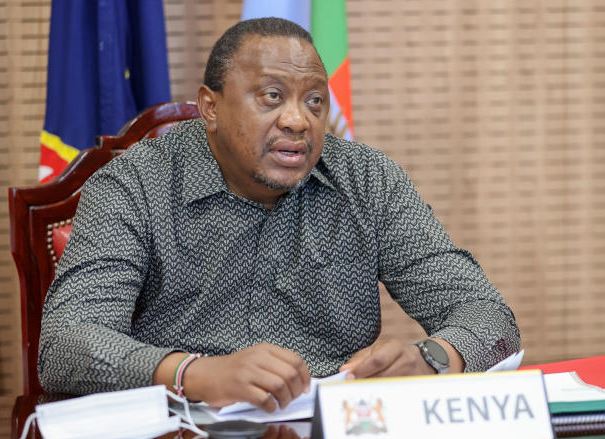×
The Standard e-Paper
Smart Minds Choose Us

President Uhuru Kenyatta. [PSCU]
With only 472 days to next year’s General Election, political players are increasingly entertaining debate on the possibility of a delayed poll.